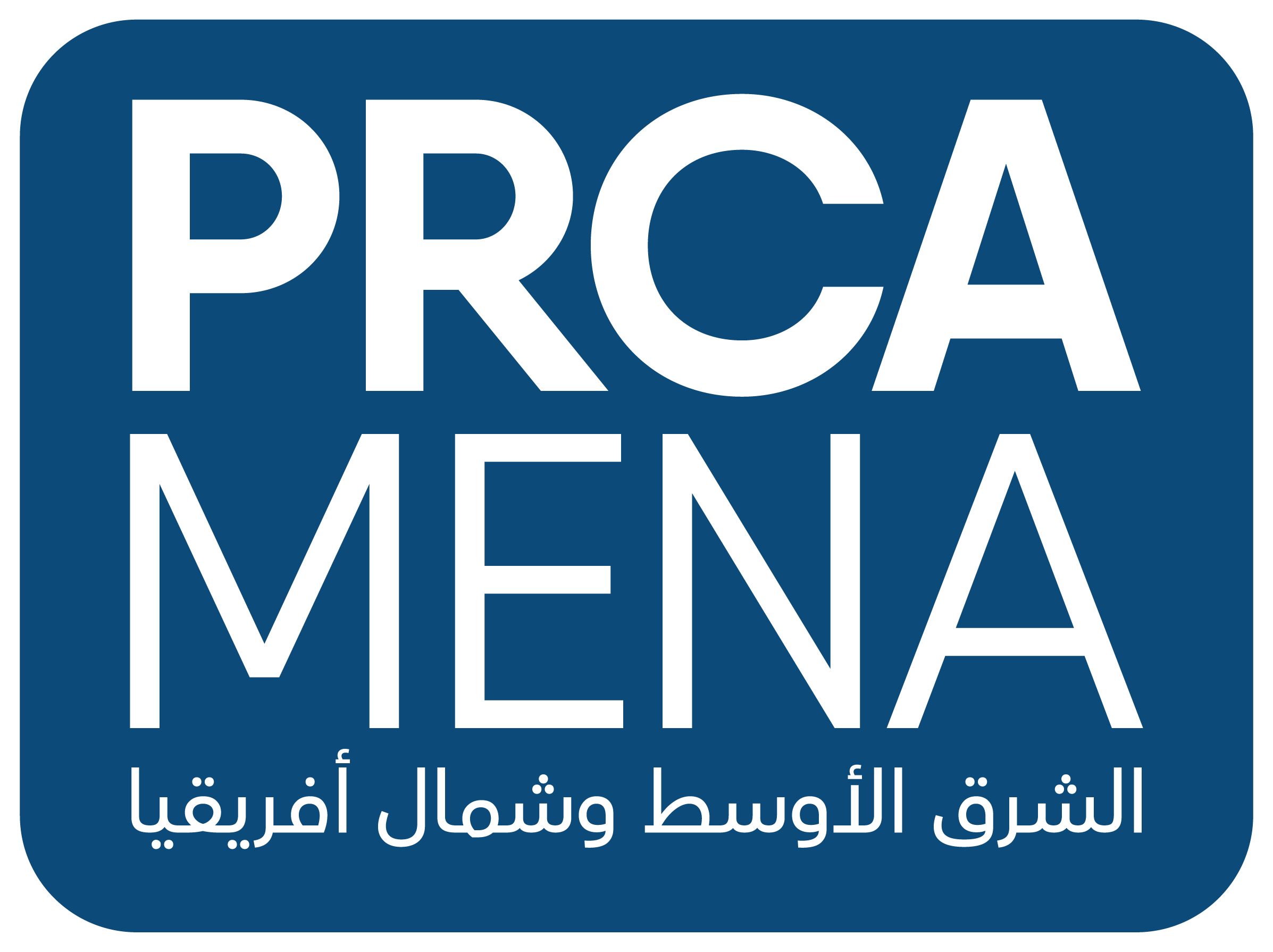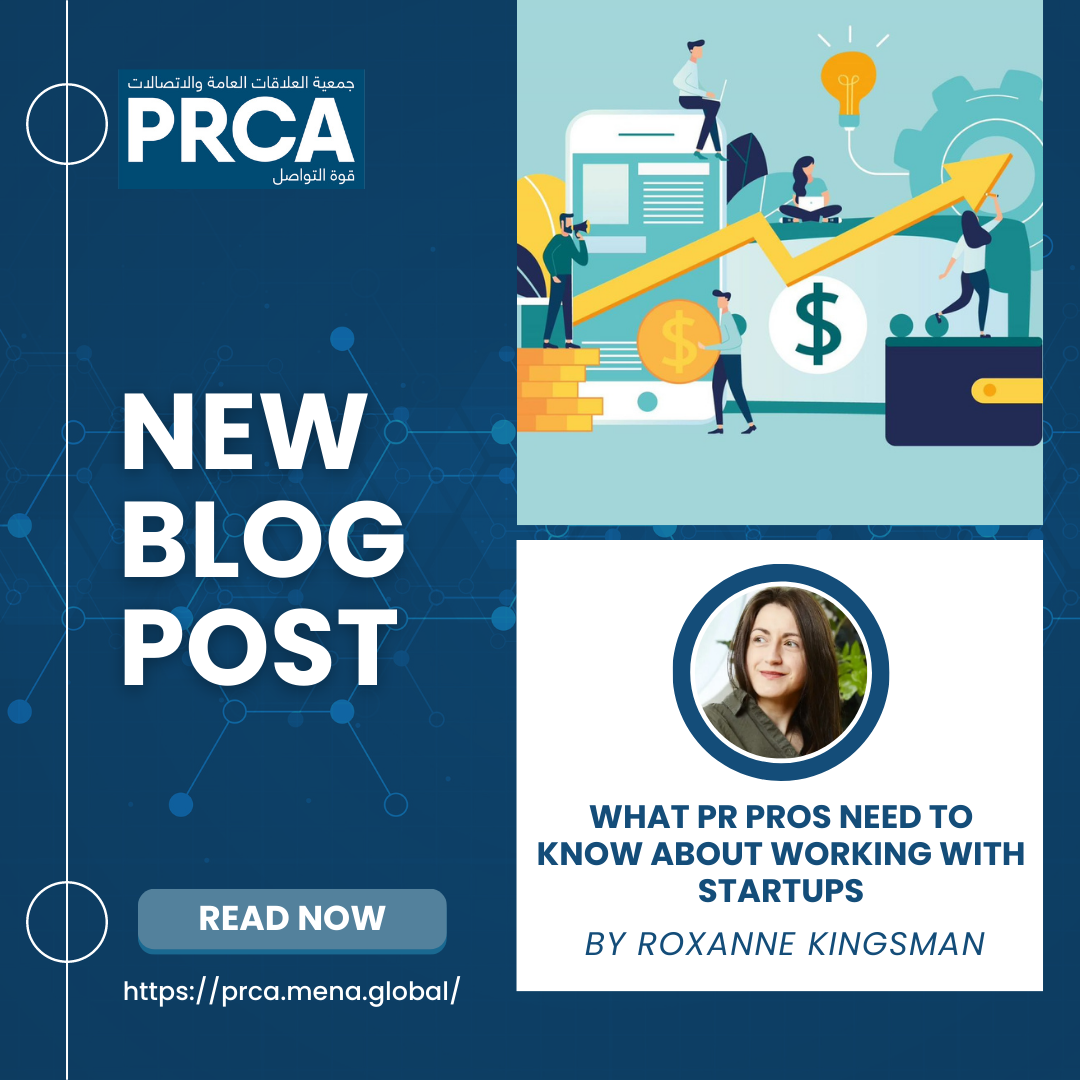What PR Pros need to know about working with startups
You’re just part of the orchestra
As many PR professionals will attest, the type of client you work for can completely change your approach to PR. The most successful clients become engaged partners who collaborate to get the best results. Arguably the most engaged partner is the Startup Founder. Not only are they often the most creative and ambitious, but they have skin in the game. Everything matters more.
PR for startups is a particular craft, the results of which are almost tangibly felt as the impact of media coverage on growth for companies at an earlier stage is more immediately evident than with larger enterprises. Press coverage helps to build the brand, establish the founder’s credibility in the sector, and attract the attention of investors to drive the next fundraising round. There is a special satisfaction enjoyed by PR professionals engaged with innovative startups at the start of their journey, who enjoy having such a pivotal role in the growth of a new company.
Yet, it’s not for everyone.
Startups have a bigger issue than building a route to market, and reaching the next fundraising round: time and resources. By all means, many PR pros might be used to working with smaller budgets, but that is not the crux of the issue. A lot can be done with reasonable budgets, providing time is invested where it should be. The crux of the issue is that any PR that’s hired must act like the conductor and pull a whole orchestra of marketing disciplines together in order to exact meaningful results for the client.
Startup founders are not necessarily marketing and communications professionals. Yet, they must hire PR and marketing support – whether freelancer or agency – without much foresight of understanding or experience in the discipline. They might not know where to begin – who to hire, or what to do first: whether SEO or lead gen, web design or PR. Marketing and PR are vital elements to startup growth, but they refer to an expansive, all-encompassing discipline that can as easily lead to loss as it can to growth, without the right strategy and partner. Knowing where to start, and with whom, is key.
The accidental conductor
Many startups eagerly hire a PR agency, understanding that press coverage has a huge value in reaching customers, investors and building the brand. However, with little knowledge of what is needed to drive good PR results, or how to harness PR to amplify other marketing efforts, it can lead to a false start if not implemented strategically. Even with the best PR results achieved, if the brand and the website isn’t built yet, it’s like getting sign-ups for an open house event when the house isn’t yet built. Timing matters. PR and marketing is like an orchestra and when each discipline is performed in a silo, the full effect is lost (and so is the investment).
A founder is creative, ambitious, intelligent and, importantly, time-poor; they rarely have the time to conduct the orchestra of marketing and PR, let alone the knowledge of each discipline to ensure every instrument is in tune. The best relationships rely on trust.
Before working with a startup, identify if they know their own vision. They certainly don’t need to eloquently narrate that vision in elegant prose. That’s your job. However, their marketing strategy must align with their business strategy, and the PR strategy must align with the marketing plan. Marketing and PR are a vehicle to help realise that plan and accelerate growth. Without clear messaging to steer storytelling in PR, not only will you be starting from a blank slate, but there is no indicator that your hard-earned media results will have the right impact. If they don’t know what they want to say, and to whom, then it’s perhaps a bit early to kick off a media relations PR campaign. Instead, a content creation and messaging strategy would be more appropriate at this early stage.
The inquisitor
Earned media rarely has impact without being plugged into a content marketing strategy that’s integrated with SEO. Even if you can rely on self-crafted content and media relationships to drive results, you still need to drive the impact of press coverage. This is where your role as the conductor in an orchestra takes centre stage. Whilst it’s not required to have expertise beyond the craft of PR, working with startups does require a certain level of knowledge in other marketing disciplines underneath the umbrella of ‘growth marketing’. From lead gen to content marketing and SEO, and even audio and video content creation, a PR professional for any startup must be able to identify when different elements might work into the strategy and when.
Punctuating PR-startup relationships are questions; indefatigable curiosity is an under-rated skill, but the only one which will furnish you with enough information to drive the results needed to help any startup accelerate its growth. Startups are constantly in a state of flux and you cannot assume that a founder will know what you need to know. It’s your job to probe and question at every stage.
The agile entrepreneur
As conductor, you may need to help build out the startup’s marketing team by recommending different types of marketing and PR activity at the most appropriate times. Your network will be invaluable, and with this, so will the trust you build with the startup. From optimising SEO on the website to make the most of backlinks, to ensuring messaging is aligned with content on the website, many of these skills will be beyond the remit of your scope of work – yet they will be vital to the startup’s growth. They rely on you to keep pushing for growth, because that’s what they do. You need to share their vision and ambition and demonstrate regard for results far beyond press coverage.
The time traveller
OK, you’re not quite Marty McFly, but you are giving a founder time back, which is invaluable. Working with a startup, the remit will very often extend beyond PR. And it should, because more often than not there is not one point of contact in the startup managing multiple agencies.
Knowing how, and when, to implement different marketing disciplines into the PR strategy, is not always obvious and being able to turn to a network of experts in each respective field is key. From SEO to web design, feigning expertise can be destructive to the relationship – and, to the budget, so being clear on what you know or don’t know is key.
A founder’s budget is especially precious and recommendations on where and when to invest marketing budget has a direct impact on growth. Therefore, hiring the right PR professional or agency can be a heavy decision process. The right appointments can blossom into long term relationships, which for both the PR agency and the startup must be the goal.
Find the right match
Every startup is unique, so understanding if their values align with yours is, like any relationship, key to success and longevity. Does the way they work align with your style of work? Do you understand their vision? Do they have experience in their sector? And, just like any emotionally mature relationship, being mutually clear on expectations is key. For example, if a PR agency or professional promises every startup FT and TechCrunch coverage within the first week, they are lying. Firstly, no coverage is ever guaranteed; it’s earned through relationships and storytelling and opportunities in the news cycle. Moreover, the top tier press targets typically take a longer time to land. Similarly, if an SEO agency is promising to secure ‘number one’ share of voice in a highly competitive market for the same rate as a freelancer on Fiverr, it’s likely they are over-promising. Likewise, the startup must be candid about their challenges and stage of growth. Honest and clear expectations from the start, based on budget and timeline are key to mutual success.
Many founders make the mistake of trying to do everything, from website build and performance and SEO to lead gen, content and PR, on a bootstrapped budget. The reality, however, is that a budget stretched so thinly will rarely lead to a strong foundation for any brand. With eyes set on the next investment round, brand image matters, and it’s often a more impactful strategy to do less with more. In this case, knowing where to funnel budget matters. Many agencies may be tempted to offer a ‘bit of everything’ at a low rate, but a more strategic and impactful scope of work is often more effective.
Ultimately no startup aims to remain one; they plan for growth. You need to be prepared for frequent change and to level up as the startup grows. Equally, be clean on scope of work creep and get ahead of the next level of activity needed to unlock further growth. Finally, empathy is an undervalued skill, but one that startups especially require. Founders are under a lot of pressure and it’s a more personal endeavour than working in a larger enterprise. Their skin in the game can cause friction sometimes, and patience can be powerful.
Roxanne Kingsman is the Director of the Spreckley Startup Growth Hub – https://www.spreckley.co.uk/services/startup-growth-hub




